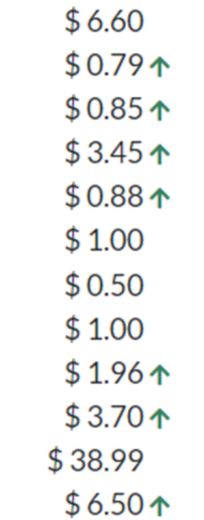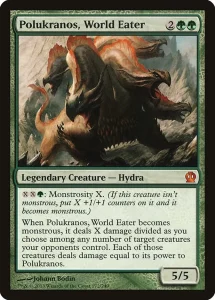With card prices on the rise every day, thousands of players have been quitting the popular card game of Magic: The Gathering. One of the most popular methods to combat these rising prices, other than taking out a second mortgage, is to play with proxy cards. This allows players to play with these cards quicker and easier than other methods, such as saving up over time to buy high-value cards or trading in high-value cards they already have usually at a lower than retail price rate) to get new high-value cards.

Proxy cards are unofficial printings of cards within a card game, usually done at home or through a third-party vendor. While it is easier to print proxies yourself through the use of a printer, third-party vendors often provide higher-quality products that can make playing with these proxies a more enjoyable experience. This is because these third-party vendors have access to higher-grade materials and machines; some proxy services even use the same cardstock as Wizards of the Coast. High-quality card printers also produce a much better image than at-home printers.
One of the primary reasons that players turn to proxies is the price of cards being too high. A lot of staples for every format of Magic: The Gathering comes with a high price tag due to its high power level. Unfortunately, this makes Magic feel like a pay-to-win game, which it initially wasn’t designed to be. Let’s take a look at The Meathook Massacre, a card printed just last year that was a Standard staple until it was banned, and is a staple in Modern, Commander, and more.
The card has a solid price tag of roughly $40 per copy ($160 for a playset of four!), which makes sense for a staple this powerful. However, The Meathook Massacre has been revealed to be getting a reprint through the List in the upcoming Wilds of Eldraine set, meaning the price should drop, right? Wrong. Experts have estimated that the price will remain consistent, even with a list printing, simply due to the rarity of list cards appearing in packs, leading players to turn to proxies as a solution to this high price tag.
Ethical Approach of Proxies
One main concern many players have regarding playing with proxies Magic: The Gathering is the ethical approach of playing with cards that you don’t actually own. However, players have come up with an agreement that many abide by; if you own at least one copy of a card, you can proxy it to your heart’s desire to avoid having to switch it between decks or risking damage. Players tend to have a book or binder in which they keep their high-value cards to show off, while they play proxies in their actual decks. This approach has been widely accepted as a reasonable approach for those who feel negatively about using proxy cards.
That is to say, you don’t need to have an actual copy of a card to proxy it. Many players use proxies of cards they don’t own to playtest new ideas for decks and interactions or to simulate situations. To that extent, some vintage tournaments allow proxies of harder-to-find cards, such as Black Lotus, as almost all players agree that the game should be skill versus skill rather than money versus money.
Conclusion:
To conclude, playing with MTG Proxies is a growingly accepted practice that allows players to further upgrade their decks without breaking the bank. Players can play decks that focus on skill and deck building rather than monetary value and let players play high-value cards without sacrificing other high-value cards.





